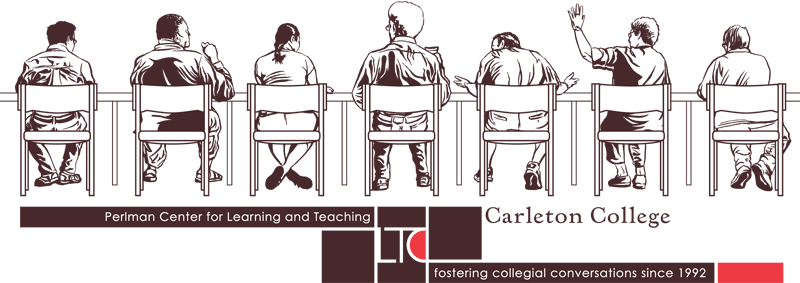When I was asked to become the Director, we were at the height of news about online education and MOOCS. Schools ranging across all levels of education were signing contracts and rushing into the business of online education. There was some feeling that if we did not get on board early, we would be left behind as education entered a new world.
For-profit businesses were visiting Carleton hoping to sign us up in their rosters of institutions offering (and paying for) online courses. Schools ranging across all levels of education were signing contracts and rushing into the business of online education. There was some feeling that if we did not get on board early, we would be left behind as education entered a new world.
I was worried that perhaps I was going to be asked to be a kind of evangelist for a big push into new ways of teaching that I did not really understand or particularly endorse. I should have had more faith. We waited, and noticed that many of the schools that were in the online gold rush were not our kind of schools. After the initial reports of vast numbers of people enrolling in these courses, came the news that a far smaller number of people actually completed the classes. Classes designed by stars of the genre were assessed with disappointing results in actual learning. The costs of the programs were high enough that the hoped for benefits of lowering costs seemed to be iffy.
We have instead been trying to foster ways of using new technology that augment our teaching in valuable ways. In every term in these three years we have featured faculty and staff showcasing uses of technology that have been impressive in how they have added to high quality teaching and learning. Most of us probably only heard the phrase “digital humanities” a few years ago, and already we have people whose research and teaching are being transformed. New staff have arrived with new skills that have opened up new possibilities. The Future Learning Technology Group has funded experimentation that will pay off for years to come. We joined the Liberal Arts Consortium for Online Learning (LACOL). While I think it is fair to say that this organization has not yet come to its full potential, it is still worthwhile. It joins us with similar colleges and offers other examples of smart use of technology in teaching.
I didn’t have to carry the flag for MOOCS, and the news about them has largely died down. Instead, I watched and participated as many people on our campus adapted teaching methods when there were good reasons to do so. We don’t just grab onto things because they are flashy or trendy. But we are also open to change when it points in a good direction.
